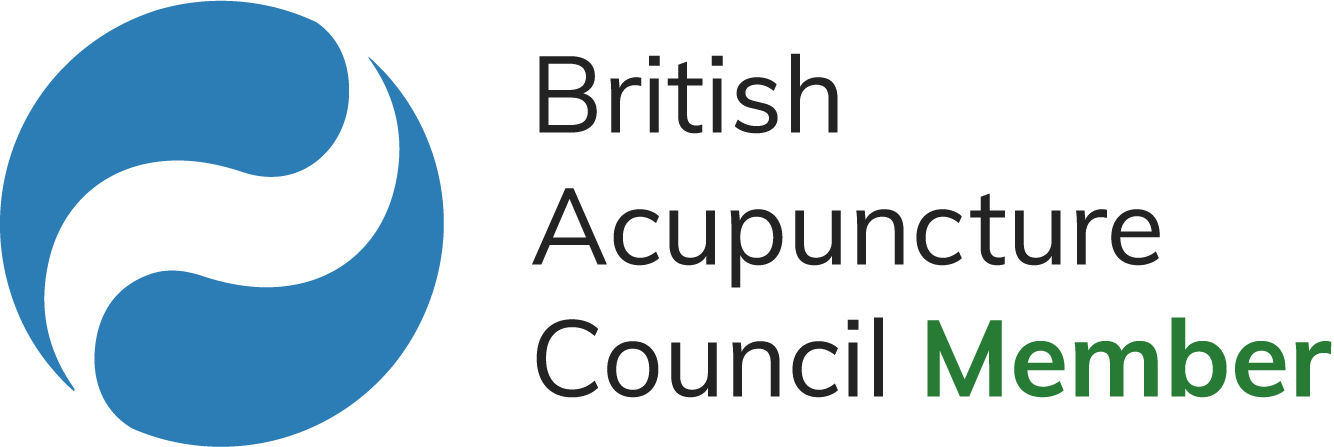Acupuncture for Bell's Palsy
Bell's Palsy is a condition characterised by temporary weakness or paralysis to the muscles of the face on one side. It has a very rapid onset and the symptoms usually develop very quickly and reach their peak with 72 hours. It is one of the most common causes of facial paralysis. Symptoms may include:
- Weakness or paralysis affecting one side of the face. This may make it difficult to close the eyelid and can cause the side of the mouth to droop
- The affects eye can become irritated and become dry or increase tear production
- Earache or pain behind the ear on the affected side
- Sense of taste can be altered or reduced
- Hearing on the affected side can change or become more sensitive
- Uncontrollable drooling from the affected side of the mouth
- Mouth may become dry
- There may be pain around the jaw line
- Headaches or migraines
- Tinnitus (high/low pitch ringing sound in the ear)
- Dizziness or vertigo
- Difficulty with eating and drinking
- Impaired speech
Bell's palsy occurs when the VII cranial nerve (facial nerve) becomes inflamed or compressed. The facial nerve passes from the brain to the face through a narrow gap of bone in the lower jaw, if the nerve becomes inflamed or compressed, it can interfere with the signals sent from the brain to the muscles of the face. This interference can reduce the blood and oxygen supply to the nerve cells, impairing their function. This results in the facial weakness and paralysis, characteristic of Bell's Palsy. The exact cause of the inflammation is not certain, however is believed that certain viruses cause this inflammation. From clinical experience, most cases have all attributed high levels of stress as a precursor.
Conventional treatment is via a course of the corticosteroid Prednisolone, which must be administered within 72 hours to have any beneficial effect. This steroidal drug acts as an anti-inflammatory to reduce the swelling of the nerve. However it comes with many side affects such as nausea, headaches etc. Most cases are advised to wait for symptoms to reduce and to recover with anything up to 9 months, which in 70% of cases they do (Facial Palsy). However over months people have to live with the debilitating symptoms associated with the condition.
Studies have shown that Acupuncture is at least as effective as corticosteroid treatment and may improve recovery time in patients. As with most conditions/diseases, due to the nature of Acupuncture treatment, whereby each patient is treated slightly differently (in terms of Acupuncture point selection), it is extremely difficult to conduct the gold standard clinical trials required to make evidence-based research heralded by conventional medicine and NICE guidelines. Thus we rely more on clinical experience and the feedback from our patients.
The concept of Bell’s Palsy in Chinese Medicine is very different. It is thought that in facial palsy, due to lowered body resistance, Cold and Wind of external origin invade the channels (aka meridians) across the face and disrupt the flow of Qi (our vital energy) and Blood, preventing the vessels and muscles from receiving the necessary nourishment. It is thought that Acupuncture can regulate channels, regulate the flow of Qi and Blood, and spread the Qi through the channels of the face, thus eliminating Cold and Wind. This interpretation can seem very strange to someone who is used to western medicine, so in modern medical terms, it is believed to stimulate the nerve receptors, causing acceleration of growth of injured nerve fibres, or secretion of biochemical to increase nerve regeneration, and to improve circulation (Tong et al, 2009).
However we choose to interpret how it works, cases from my clinical experience have shown that acupuncture helps to speed up the recovery of patients with Bell's Palsy. With recommended facial exercises and regular acupuncture, a treatment plan can be devised, that is suitable for each individual case we see.
Patient testimonial
" I sought Rachel's help after being diagnosed with Bell's palsy. My face was paralysed and I felt incredibly low and tense. Rachel immediately filled me with confidence about my recovery, she was really relaxed in her approach and positive about my recovery. She had good knowledge of the condition as well which was really reassuring. In just a couple of weeks my face was back to normal and I attribute this completely to the acupuncture. I can't recommend Rachel enough, not just because of her skilled practise but also the consistent loveliness of her working manner. At all times she was kind, positive and patient with me and put me completely at ease. I am a hundred percent certain that I recovered quickly because of Rachel's work and feel really lucky to have been her client" Kate
|
|
